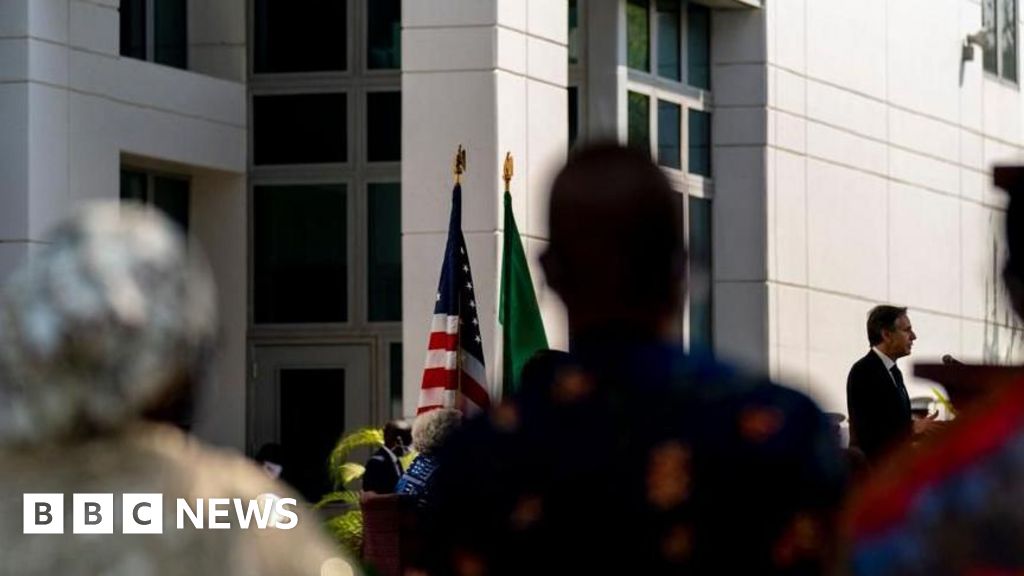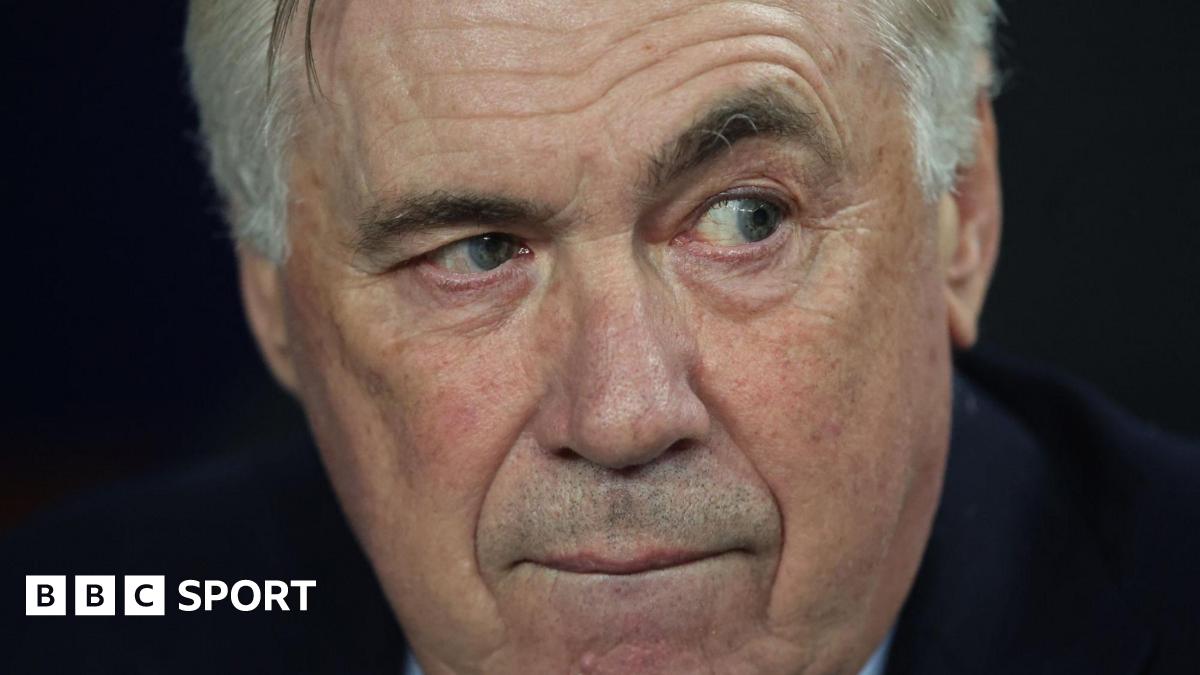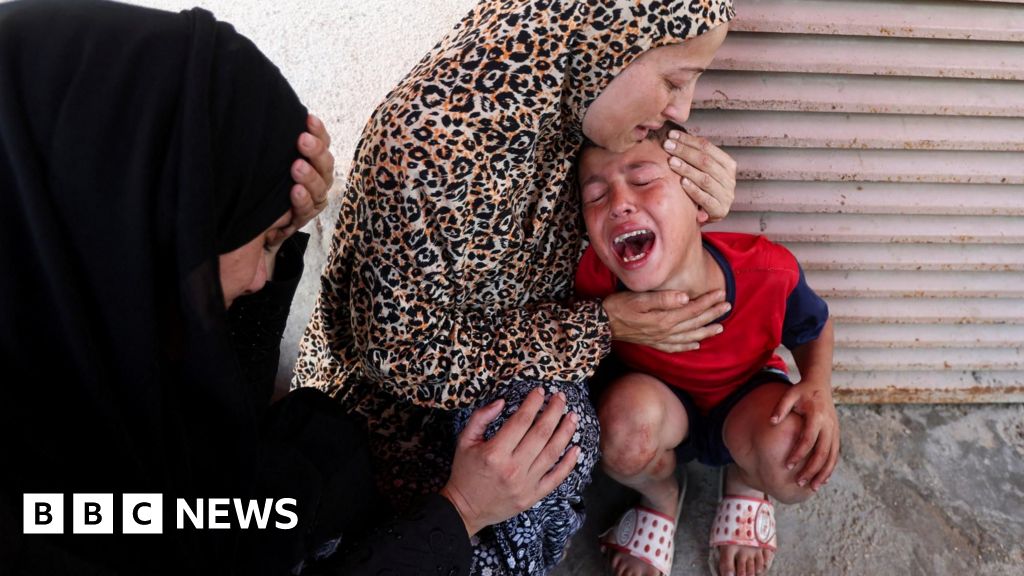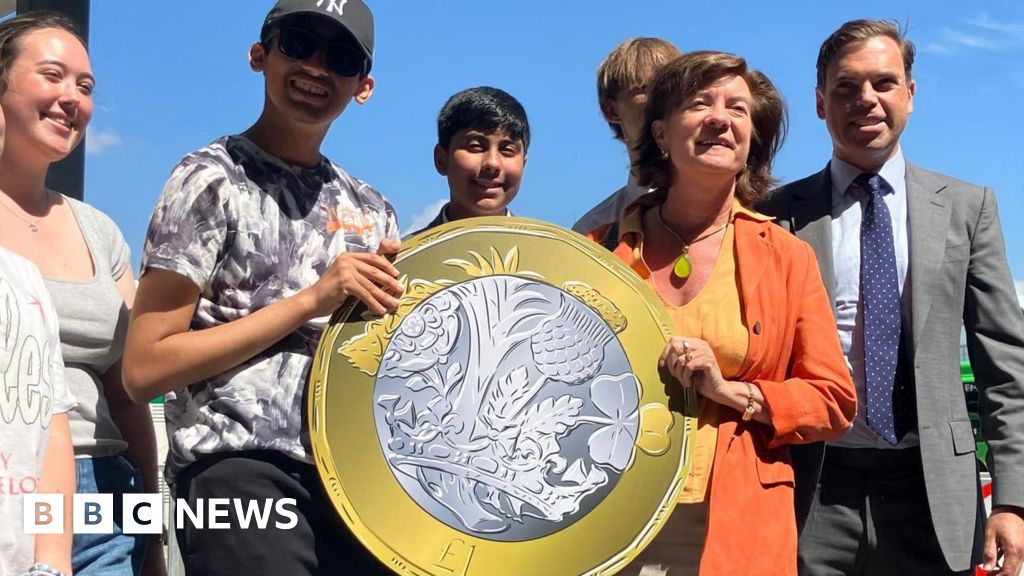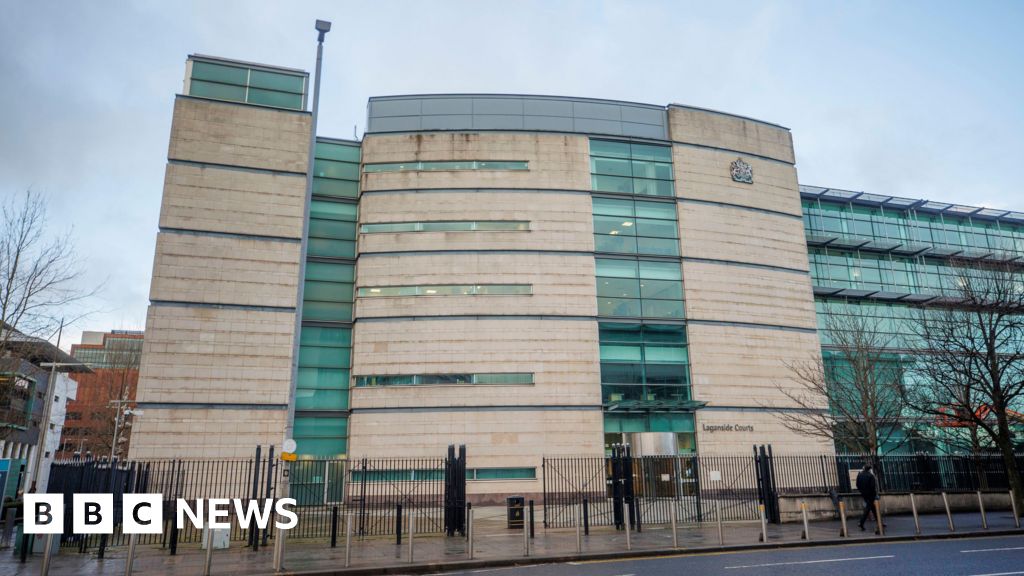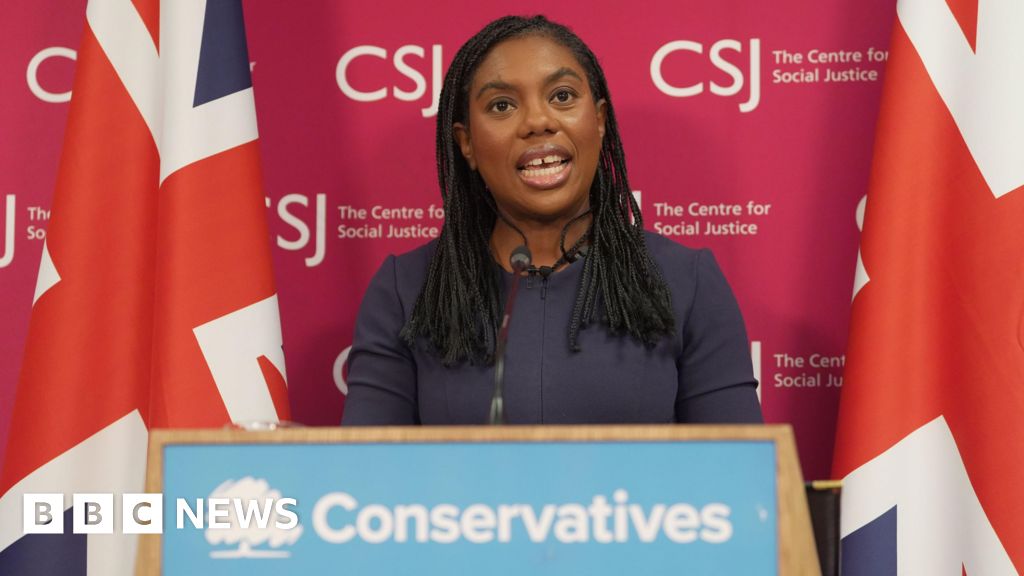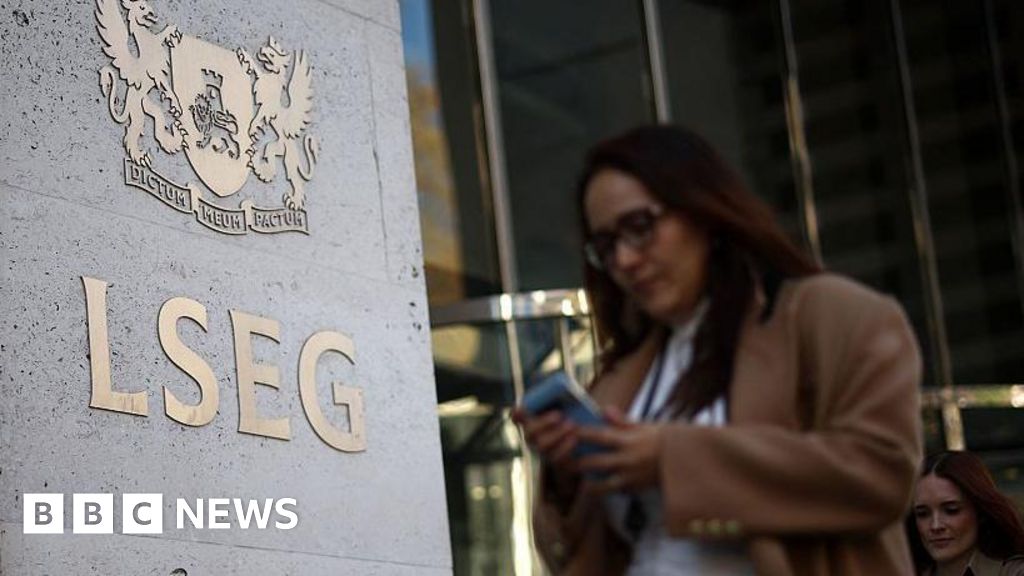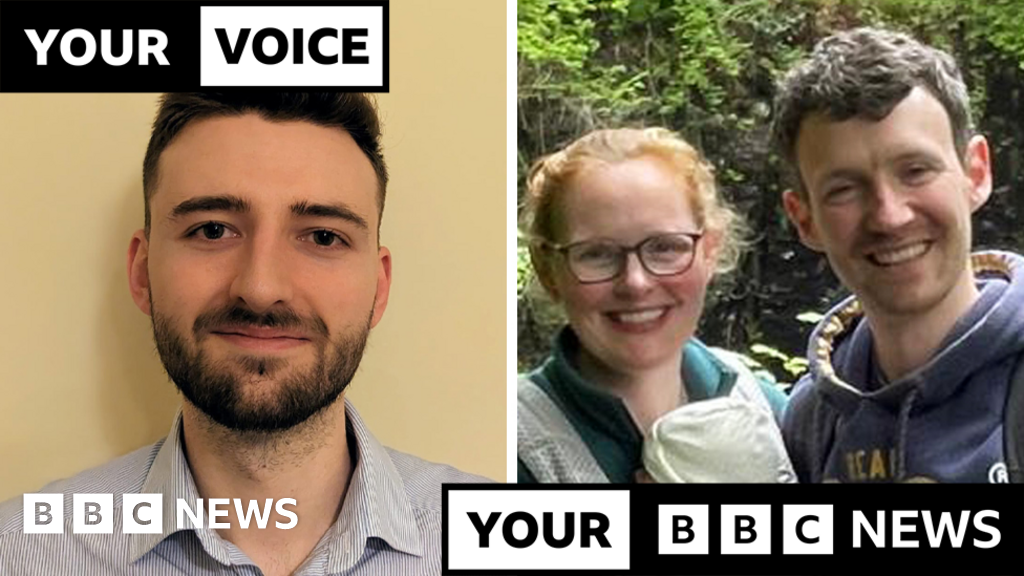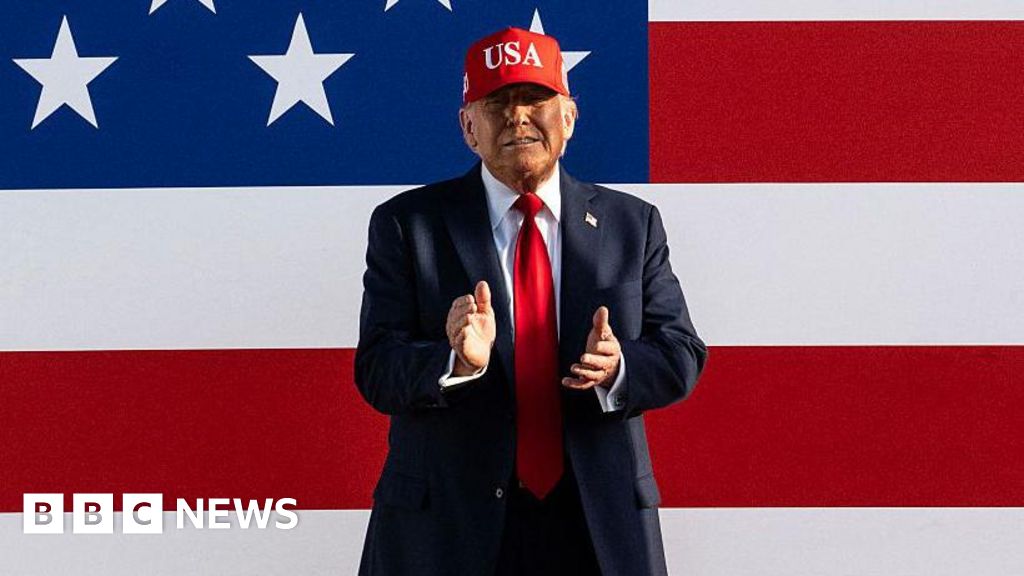The United States has announced sweeping changes to its non-immigrant visa policy for Cameroon, Ethiopia and Nigeria, cutting the duration and conditions under which most travellers from those countries can enter.
The US Department of State says nearly all non-immigrant and non-diplomatic visas issued to citizens of the three countries will now be single-entry and valid for only three months.
It says this is part of a “global reciprocity realignment”, a sharp shift from previous visa terms, which often allowed for multiple entries over two years or more.
Nigeria also offers single-entry e-visas valid for three months only for those planning to visit the country from the US.
However, US citizens can get visas of up to a year in Cameroon and 90 days in Ethiopia so it is not clear how the US announcement is reciprocal in those countries.
The authorities in those two countries have not yet commented.
The Nigerian government has expressed its concern, describing the move as disproportionate and calling for reconsideration.
It added that the restriction could hamper cultural and educational exchanges that have long been a foundation of US-Nigeria relations.
The State Department says visa policies remain “subject to ongoing review” and may change depending on evolving diplomatic, security, and immigration benchmarks.
In a statement, the US government said it was working closely with authorities in the three countries to ensure they meet key international standards.
These include:
- issuing secure travel documents
- managing visa overstays
- sharing security or criminal data for public safety purposes.
Last month, even stricter measures were imposed on Eritrea, Somalia, and Sudan -with the United States suspending all immigrant and non-immigrant visas to citizens of those countries.
The US has already ordered that the social media accounts of all foreigners applying for visas would be vetted for “any indications of hostility toward the citizens, culture, government, institutions, or founding principles of the United States”.
Nigeria was the seventh largest source of international students to the US, and the highest in Africa, according to the 2024 Open Doors report on international education exchanges.
The report published by the US department of state, bureau of educational and cultural affairs showed a 13.5% increase from 2023.
An aide to former Nigerian President Muhammadu Buhari said he believed the US was not reciprocating but showing its displeasure with Nigeria.
Bashir Ahmad posted on X that President Bola Tinubu‘s recent visit to Brazil for the Brics gathering was behind the move.
“This is not solely about reciprocity. Rather, it appears to reflect growing US discomfort with Nigeria’s increasing global realignment, particularly the warm reception we are receiving from the Brics,” he wrote.
Immigration lawyer Godwin Oke thinks differently and told the BBC: “This is a classic case of visa reciprocity under international diplomatic practice. Countries often align their visa terms to reflect mutual treatment.
“The US had been issuing Nigerians five-year multiple-entry visas, while Nigeria only offered Americans short-term, single-entry visas. From a policy standpoint, it was only a matter of time before the imbalance was addressed.”
In March this year, the US mission in Nigeria issued a stern warning, saying overstaying a visa could lead to a permanent travel ban and potential criminal prosecution.
There is no official data showing the number of Nigerian travellers to the US who overstay their visas.
But Nigerians are worried that the number who get visas will fall under President Donald Trump’s tough immigration policies.
Many young Nigerians would like to leave the country in what is called Japa (Japa means escape in the Yoruba language) and the US remains one of the most desirable destinations.
Additional reporting by Paul Njie in Yaoundé and Hanna Temuari in Addis Ababa


